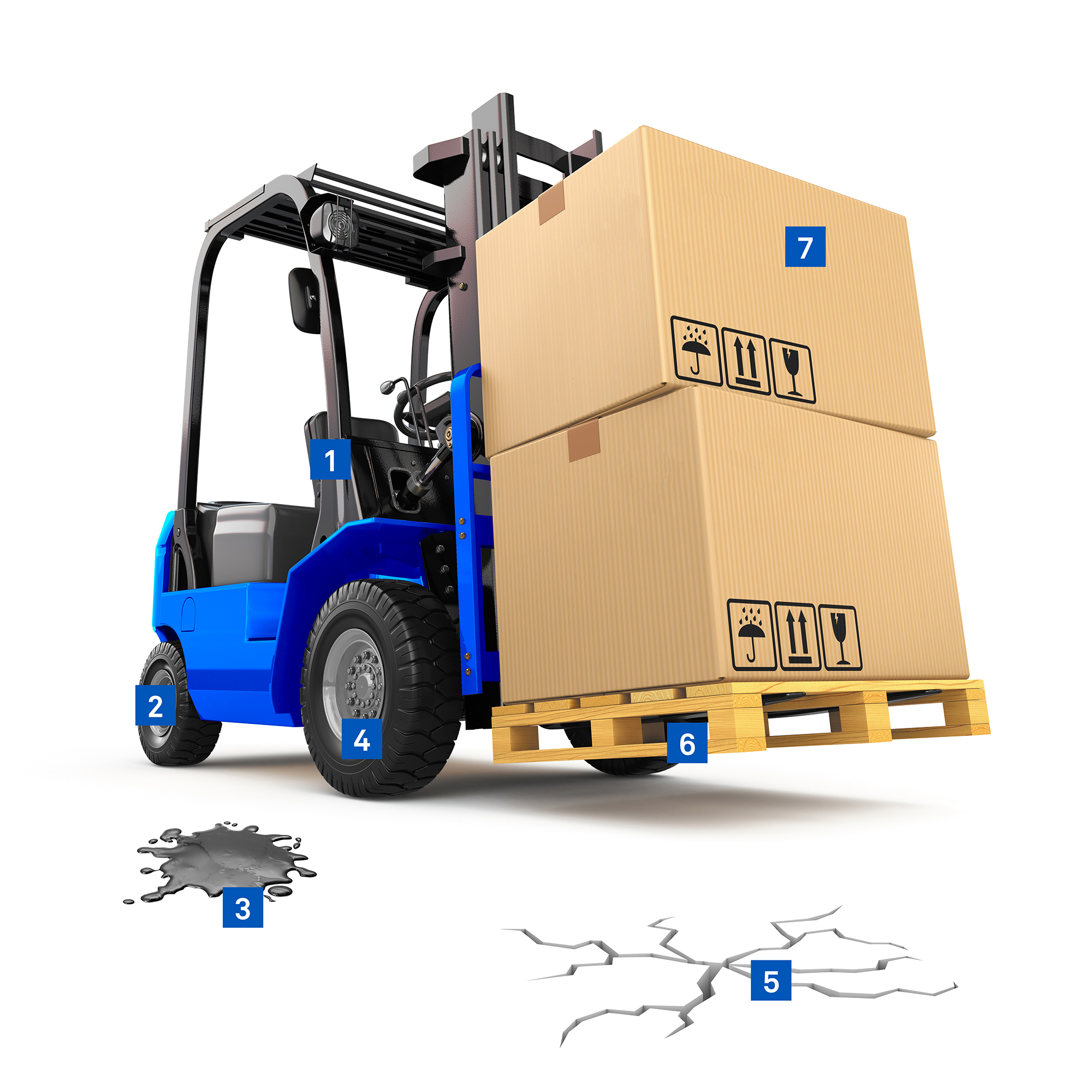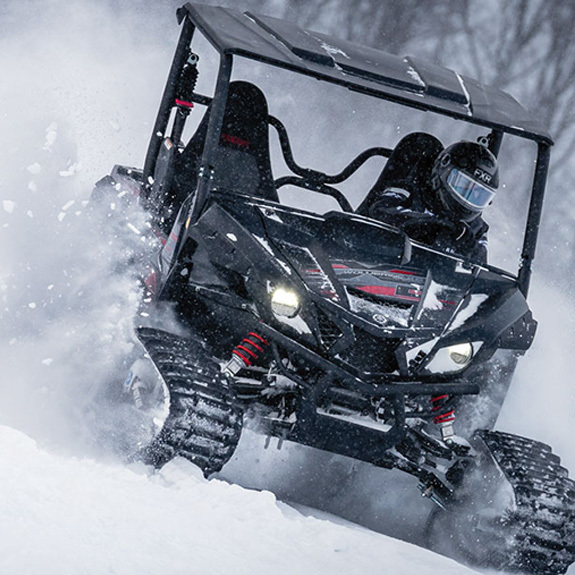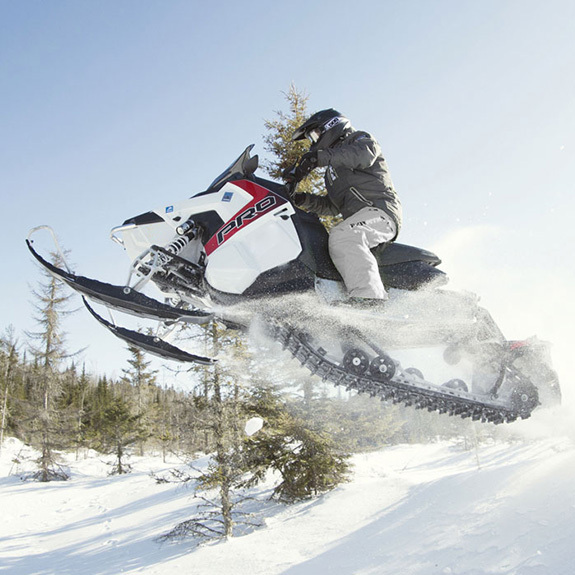The Impact of Tire Wear
When keeping track of the various powerful, hard-working components of an industrial forklift, it’s easy to overlook some of the most subtle, yet crucial pieces: The tires.
They may not seem impressive, but think about this: It is estimated that the average drive tire on a forklift carries more than 9,600 lbs., and unlike other vehicles, forklifts have no suspension systems to dissipate shock loads. The tires absorb every ounce of your forklift and its load, making it crucial to ensure they’re safe to use at all times.
Forklift tires are in danger of sustaining damage or simply wearing out through regular use. It may be easy to look at a functioning tire and say, “It seems like it works to me,” but you may be taking a serious risk by ignoring the signs that tires should be retired from service. It is important to switch out your tires after they sustain a certain amount of wear or any notable damage, as these conditions can cause:
1. Fatigue and job stress
Operators who use a forklift with chunked, worn or flat spotted tires have increased fatigue and job stress, possibly making them less careful and productive.
2. Stability issues
Kingpin is subjected to excessive stresses from shocks and uneven operation. This can cause potential stability issues.
3. Engines and transmission leak
Decreased ground clearances subject the truck to more damage to assemblies underneath. Having little to no cushion from worn forklift tires can loosen hardware on the unit which can cause engines and transmissions to leak.
4. Air tire blowing
Air tires risk blowing out, which can cause a tip over or lost the load.

5. Facility damage
The floors in your facility can experience damage due to bad forklift tires.
6. Accelerated fork heel wear
Fork heel wear is accelerated as it becomes easier for an operator to drag the forks.
7. Loads can be compromised
Loads can be compromised by the constant jarring and rocking, leading to damaged product and safety issues such as an upset forklift load falling on an employee.
Whether forklift tires simply wear out through regular use or experience damages and conditions leading to tire failure way before their expected end of life, it’s important to pay attention to the signs of wear and switch out your tires on time to reduce downtime and ensure safe and effective operations. However, tire maintenance is too often overlooked and it can be confusing to know when to replace your tires. To help you recognize the warning signs, here’s a short guide depending on the type of tires installed on your machine.



























